The romantic couple, whether heterosexual or same sex, is at the centre of the universe. Not only is being part of a couple seen as the norm, for those either willingly or unwillingly single they can be made to feel like failures and outcasts.
But things are slowly changing. For example, research focusing on ‘the couple norm’ published in 2020 shows that, in recent years, there have been significant changes in what the authors term “intimate citizenship”.
Led by Sasha Roseneil, at the time a professor at University College London (UCL), and appointed Vice Chancellor of Sussex University in 2022, the research entitled The Tenacity of the Couple-Norm draws on data from the UK, Bulgaria, Portugal and Norway. which includes laws and policies relating to coupledom and the way people live their private lives.
Is living as half of a couple still the ideal for most people? Roseneil’s research found that yes, it is still seen as the most fulfilling way to live, but less so than a decade ago. More couples live apart, fewer are marrying, and non-monogamy is jostling for equal attention with the more traditional exclusivity. But why does the monogamous twosome remain at the centre of the universe for most?
Being single has always been stigmatising for women in particular. Whilst ‘bachelor has a glamorous connotation, ‘spinster’ a word only made obsolete in 2005 means an unmarried woman who is ‘no longer young and seems unlikely ever to marry". In a number of languages the word translates as an “old maid”.
The unmarried adult daughters who, after their parents died, were foisted on siblings or forced to fend for themselves with no education or training with which to earn a crust are now pretty much a thing of the past. But for many, being part of a couple is nevertheless equated with being happy and a success.
Such is the desirability and durability of the couple that those seeking a fast buck have clocked on to it being marketable.
From flirt coaches to mail order brides, seeking coupledom has never been more commercialised. There is much money to be made from the pursuit of the couple. Not only through dating apps and 'soulmate seminars' run from fancy hotels, but also through escort services.
The ’girlfriend experience’ is a particularly pernicious form of prostitution because it requires the woman to perform the role of a partner, however repugnant she finds the one paying for her services. Rather than hiring a woman for an hour for sex, a man books a pseudo date for a week or more, often taking her on holiday.
“I was expected to treat him exactly like a subservient, super attentive girlfriend would,” says Alice, who worked for a high-class escort agency. “He told me that he could not bear people to think of him as someone who couldn’t get a real date so instead he paid for me to pretend to be his other half."
According to Office of National Statistics (ONS) figures, being married or civil partnered remained the most common marital status in 2019, accounting for just over half of the adult population in England and Wales.
That said, things have been changing. In 2009, figures showed that fewer British people were marrying, and those who did were leaving it until later in life. Meanwhile, half of all marriages were ending in divorce. In 2019, the overall number of divorces in England and Wales saw their largest rise in almost 50 years. That same year there were 107,599 divorces of opposite-sex couples in England and Wales, an increase of almost a fifth from 2018.
Divorce rates in 2022 were 6.7 for men and 6.6 for women per 1,000 of the male or female married population (including both opposite-sex and same-sex couples); lower than rates in 2021.
Thanks to feminism, important new legislation on divorce was passed in the 1920s and 1930s. Consequently, it became increasingly important for politicians and legislators to uphold the institution of marriage. When the Divorce Reform Act was passed in 1969, it made it much easier to obtain a divorce in England and Wales. As such, the 1970s saw an increase in divorce and a decline in marriage generally.
Law, policy and culture push people towards being couples and promote the idea that being paired off is the natural way to live. Marriage and coupledom are typically about providing people with a sense of safety and security. Yet in 2017, ONS figures showed that unmarried cohabiting couples are the fastest-growing family type in the UK.
While heterosexuals increasingly look for new ways to be together, lesbians and gay men are rushing to the registry office. But rates of divorce among lesbians are increasing. In 2021, there were 113,505 divorces granted in England and Wales, a 9.6% increase compared with 2020 when there were 103,592 divorces. The majority (111,934) of divorces in 2021 were among opposite-sex couples, with 1,571 (1.4%) among same-sex couples; female couples made up 67.2% of same-sex divorces.
It would appear that emulating heterosexuals is not necessarily a great idea. After all, things have not gone very well for them since feminism exposed married women's unhappiness, lack of sexual pleasure and rising divorce rates, usually for domestic violence and abuse.
Being single for a good chunk of adult life has become more usual while marriage has become less typical.
To me, marriage is an outmoded institution built on patriarchal inequality that has no place in modern society. I have been criticised by some gay men and lesbians for arguing that aping heterosexual convention and choosing marriage is a way of asking to be ‘tolerated’, as opposed to seeking liberation from legal coupledom. This is not to do with being against equality because no part of marriage is about equality. Instead, marriage is about perpetuating privilege.
This badge was produced by 'Spare Rib' feminist magazine. The badge was a reaction to the marriage of Diana Spencer to Prince Charles which took place in July 1981.
Things are going in a similar direction in the US. Americans are getting married later in life, and more young adults are opting to share a home rather than a marriage licence with their partner. Despite this, what hasn’t shifted is the expectation that a monogamous romantic relationship is what we are all aiming for.
Natalie Drew set up the first fertility clinic for lesbians in 2011 and, in the five years it was operational, helped almost 600 couples have babies. But she has since learned that around one third have split up. Despite traditional coupledom and babies are held up as the platinum standard of relationships it would appear that the key components – being joined at the hip and raising children together – can represent the biggest strain on any such relationship.
Drew separated from her partner last year after more than two decades together, during which time they had had both a civil partnership and a marriage.
Having travelled extensively for work during the first ten years of their relationship, Drew felt the tension brewing when she settled down at home after conceiving their first child. “Family pressure convinced us we should have a civil partnership,” she says. “It's all about doing the norm and being a proper family.”
Today, Drew is in a different type of relationship, one more in keeping with the shifts away from convention as described in Roseneil’s UCL research. “She has her house and I have mine,” says Drew of her current relationship, explaining that her partner is allowed only to stay for two nights maximum before being sent home for at least 48 hours.
Drew explains: “I don’t think couples can do more than about 10 years together unless you spend regular time apart, have some separate friends, and don’t expect everything you need to come from one relationship.”
Having to share a room and a bed with no option for separate space is a common cause of tension between couples. For example one in seven individuals polled on the topic in 2018 admitted they would rather sleep alone at least some of the time.
There are plenty that seek out a conventional, monogamous relationship, including, as the cliché goes, lesbians. “What does a lesbian bring along to her first date? The cat and her suitcase.”
I am constantly told how lucky I am to have someone to live with, and the assumption is that couples are better off than single people. But the coronavirus lockdowns have meant that some couples have been kept apart, while other have been thrown together for extended periods. Imagine being in a relationship in which you are bored and/or unhappy and having to spend 24 hours a day together in a tiny dwelling? Unconventional support bubbles have been formed between singles, couples and across generations and, from this, new ways of structuring families are emerging.
Living outside of a traditional couple can be difficult but many more people are braving it. Increasing numbers are choosing to define a close friendship as their primary relationship, with some considering forming a civil partnership with a friend in order to secure the same benefits as traditional couples.
For example, one heterosexual woman interviewed for the UCL research had set up home with her gay best friend, and jokingly referred to him as her husband. Theirs is not a romantic or sexual relationship but they are in a different type of couple. I have heard of other such similar arrangements in the UK.
What about the future? How well will the traditional couple fare? As a lesbian, I wonder if same sex relationships become more picket fence, whilst the more adventurous heterosexuals, bored with being boxed in, become the new sexual outlaws and try something different from domesticity.

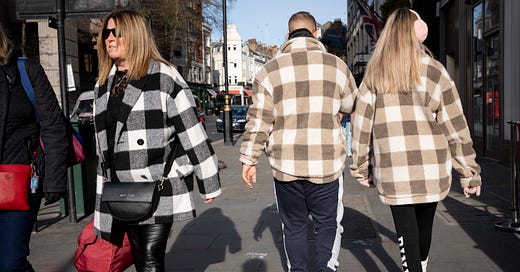



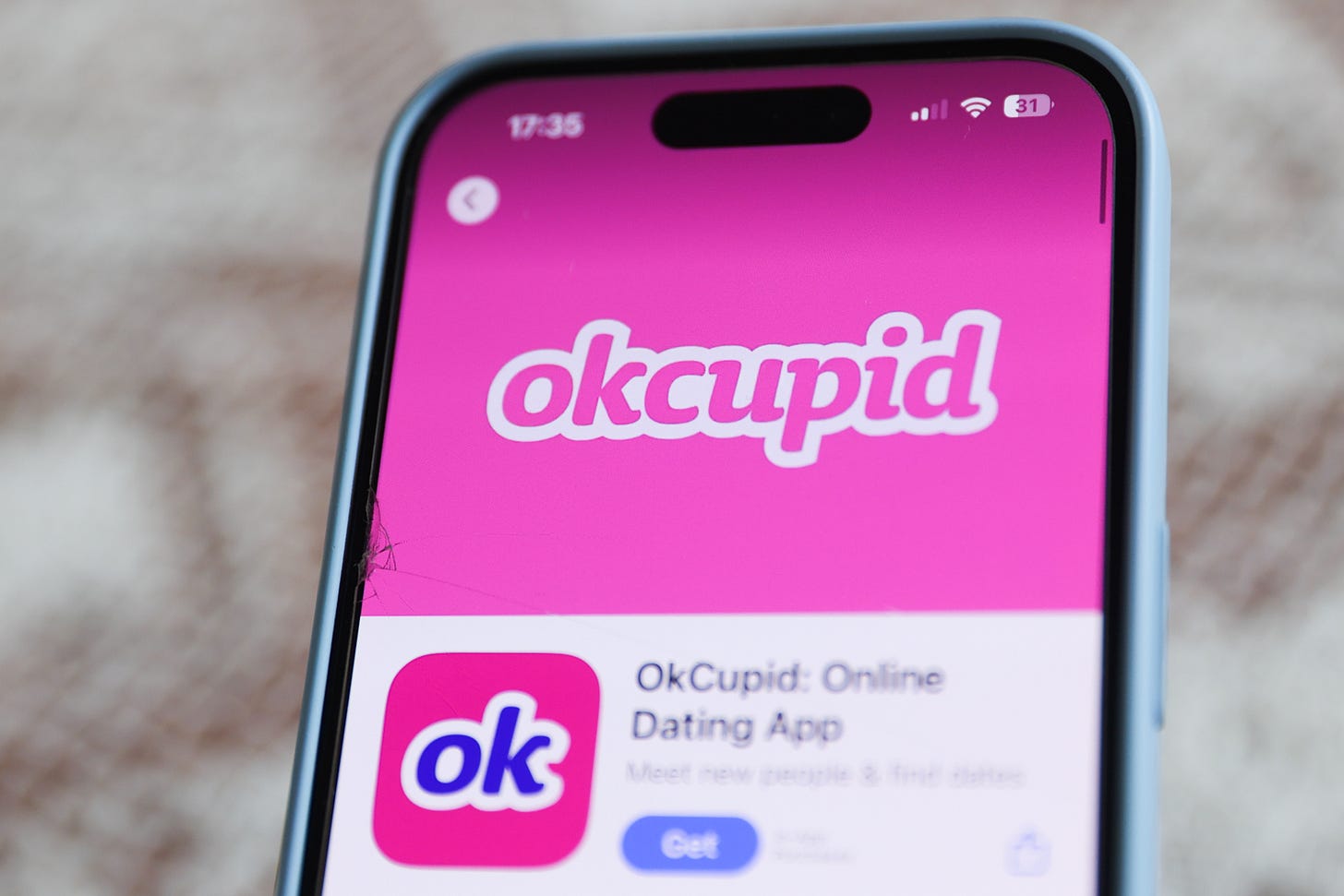
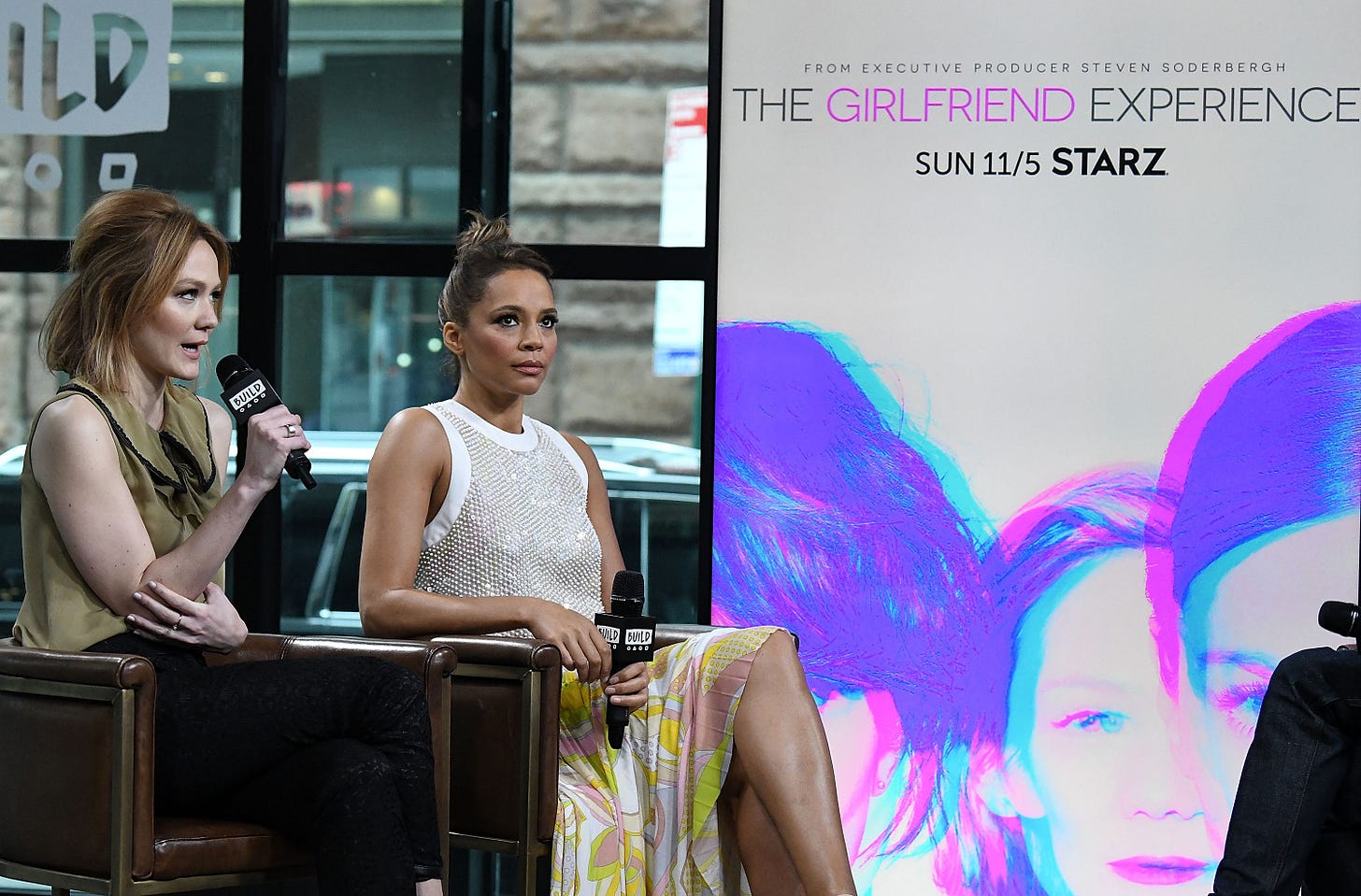
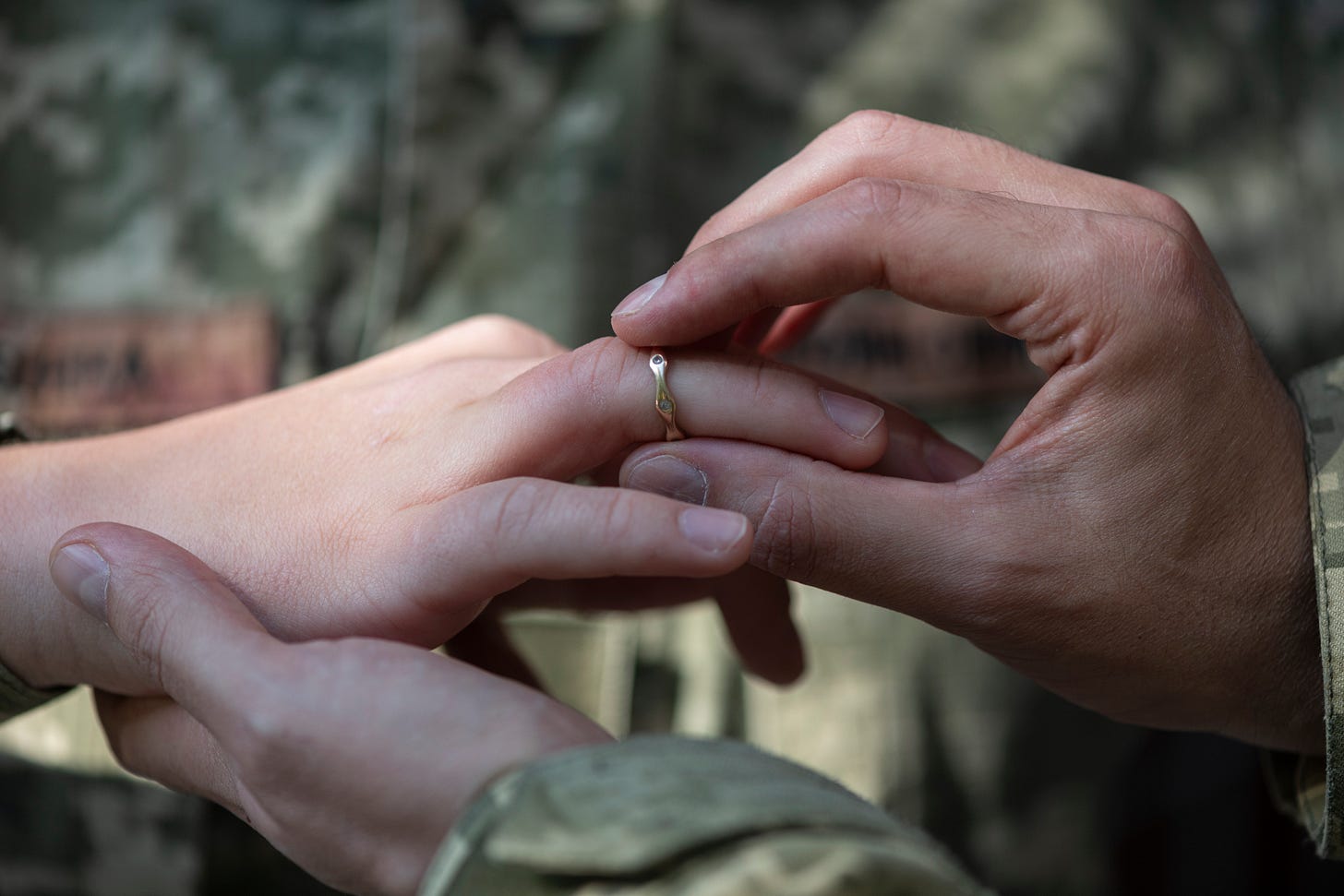

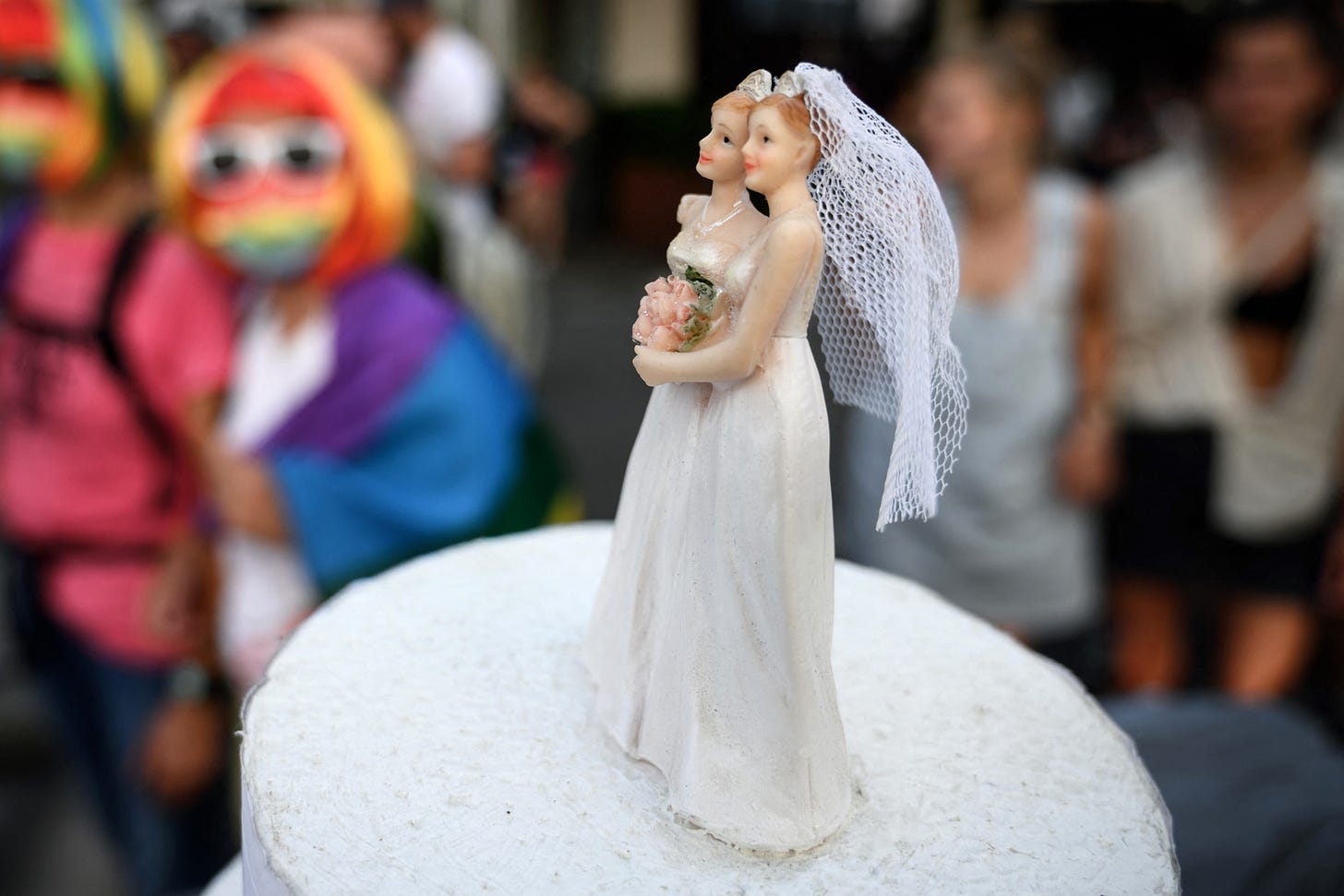
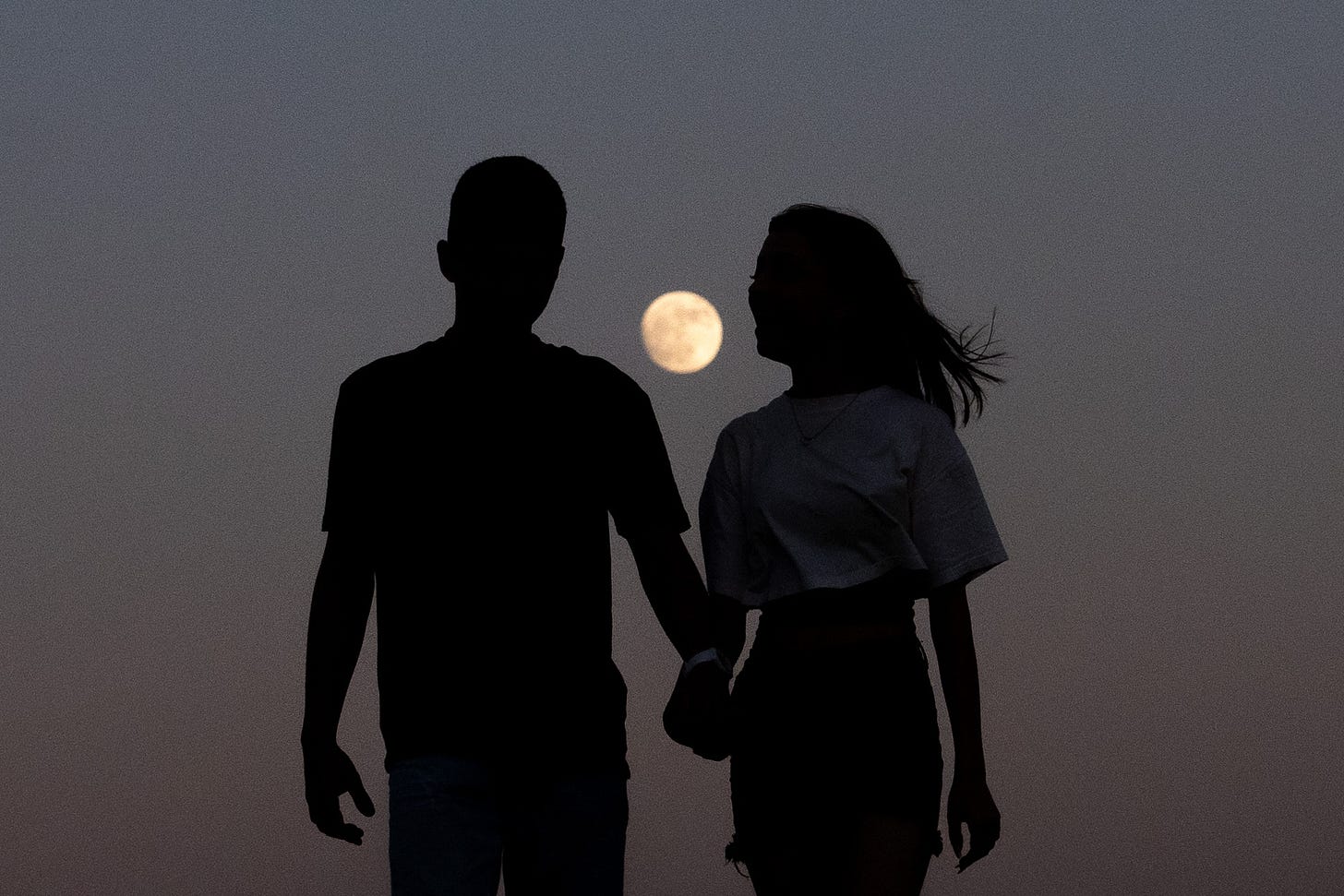
Wow, Julie, thank you for this article -- one more reason you're my favorite feminist! As a middle-aged single woman (proud spinster!) and late second-wave radical feminist (I was too young to be in the thick of the second-wave) one of my "pet peeves" for years has been the promotion of coupledom to the exclusion of all common sense. Some rare couples are great and pretty happy, and more power to them, but I think in general and often specifically that it's such an anti-social unit at heart, that I started calling many/most couples (including married couples) "two-headed monsters" (kind of an offshoot of "the beast with two backs"). The only coupledom that makes any sense to me anymore would be those fully participating in a larger peaceful cohesive social group such as in some present-day "matriarchal" societies. I've been a member of a number of heterosexual couples that lasted at least several years each and finally split asunder and good riddance, so I know of what I speak. It wasn't just me (or him), it was in large part the state of coupledom itself. I can't speak of lesbian coupledom, though I did observe it firsthand among friends years ago - it seemed better than male-female, but not by much. Nowadays I'm "coupled up" with cats (actually 6 cats, so of course we're not a "couple," though each cat thinks he or she owns me and the whole lot think I'm their mother/servant, which is as it should be for people with cats -- still way better for me than putting up with some self-centered man.... 🙃🐈⬛)
My parents married in 1954, at the time my mum was often referred to as an old spinster, she was the last of her siblings to marry. My mum always said to me, I was too busy working and going out dancing to settle down. However my mum had a traditional view on marriage, she always commented on the weddings that were lavish and over the top and her lasting comment would be “ they will be divorced in a year”.
Mostly came true, my mum raised us to be independent of men and become career women, there have been times in my marriage I have wanted to exit but thinking about what my parents would think held me back.
My parents were married for 65 years until death, they were literally joined at the hip, finished each other’s sentences and always talking together. My mum passed first, then dad quickly after he couldn’t be without his rock. One last comment on marriage, from my mum “ marriage is hard work, you just have to get on with it”. So, with that message imbedded in me, that’s what I do.